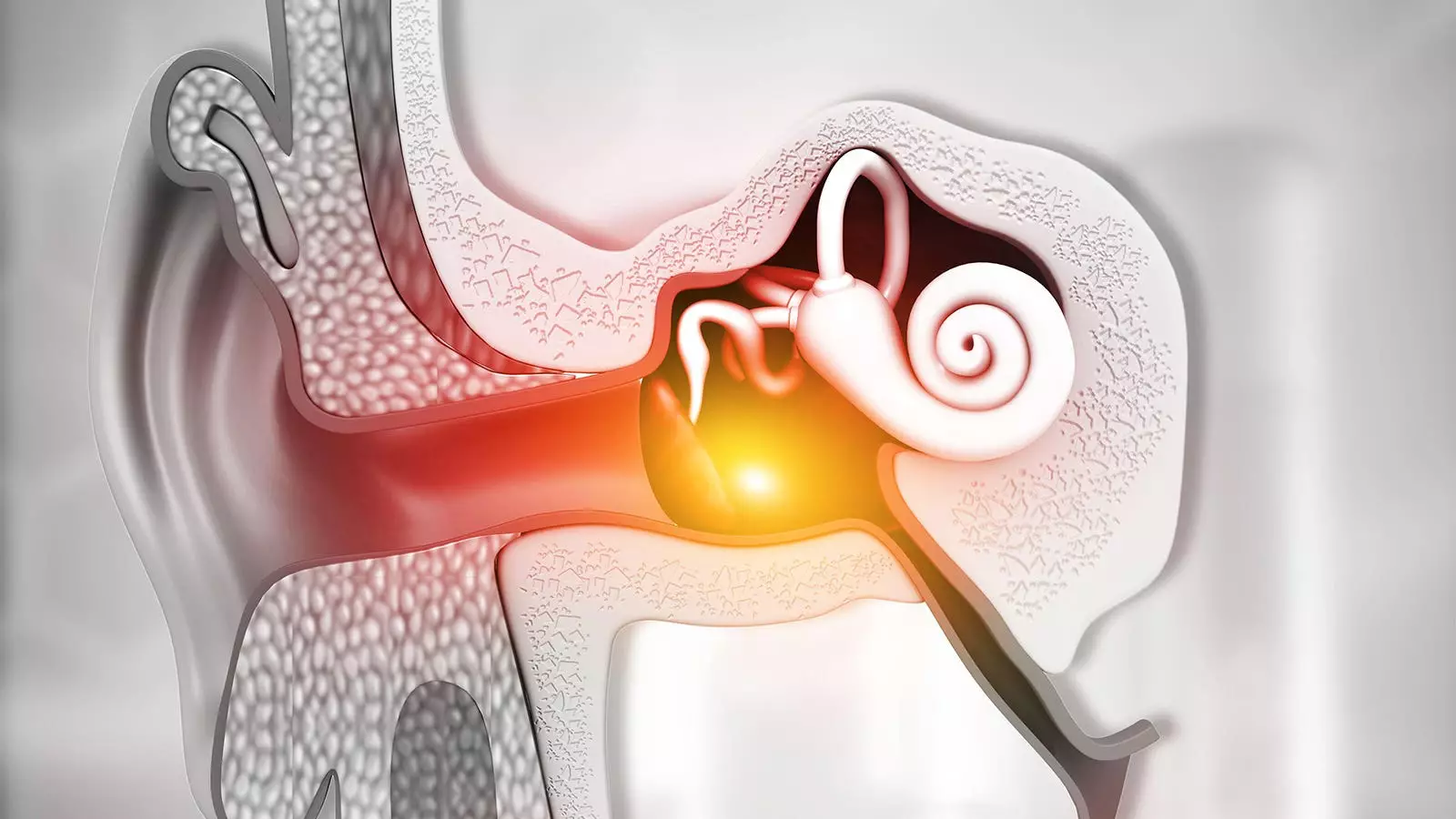Recent research has illuminated a concerning correlation between hearing loss and an increased risk of developing Parkinson’s disease. This connection, highlighted by a comprehensive study involving over 3.6 million U.S. military veterans, underscores the necessity of considering auditory health as a significant factor in neurodegenerative diseases. The implications are profound, suggesting that timely intervention for hearing impairments could potentially mitigate the risk of Parkinson’s, which currently affects millions without a known cure.
Conducted at Oregon Health & Science University, the research by Dr. Lee Neilson and colleagues followed veterans over an average period of 7.6 years, examining the impact of varying degrees of hearing loss on the probability of developing Parkinson’s disease. The study adjusted for various risk factors including age, head injuries, and existing conditions that could predispose individuals to Parkinson’s. The findings revealed a clear, dose-dependent relationship: the extent of hearing impairment directly corresponded to an increased likelihood of developing the disease.
One striking statistic emerged from the research: even mild hearing loss was associated with a higher incidence of Parkinson’s disease, showcasing a notable hazard ratio of 1.26 compared to individuals with normal hearing. As hearing loss severity escalated, so did the number of incident Parkinson’s cases, with moderate-to-severe loss being particularly alarming.
The study not only identified the risks linked to hearing loss but also emphasized the potential benefits of early intervention. Veterans who were fitted with hearing aids within two years of their initial audiogram exhibited a remarkable decrease in incident cases of Parkinson’s—by an impressive 21.6 cases per 10 years. This finding strongly advocates for early screening and treatment of hearing loss as a proactive measure towards reducing neurodegenerative disease risk.
Dr. Neilson posits that the ability to mitigate hearing loss distinguishes it from other sensory impairments, such as color vision deficits or anosmia (loss of smell), which cannot be alleviated. The ability to address hearing loss provides a unique opportunity to influence the trajectory of neurological health positively.
Experimental Insights and Broader Implications
As the field of neurodegenerative research expands, a growing body of evidence points to links between sensory impairments and their potential role as precursors to diseases like Parkinson’s. Previous studies, such as the 2023 ACHIEVE trial, have indicated that hearing aids may slow dementia progression among vulnerable individuals, suggesting a broader protective effect of auditory devices.
However, Dr. Neilson highlights that the study’s design carries limitations. The majority of the sample consisted of predominantly white male veterans, which may restrict the generalizability of the results to the wider population. Furthermore, unmeasured confounding variables, such as exposure to ototoxic medications, were not accounted for in this analysis, prompting the need for caution regarding the definitive nature of the conclusions.
The findings from this research may stimulate a paradigm shift in how health professionals and policymakers approach sensory impairments within the context of aging populations. With the staggering number of potential Parkinson’s cases attributable to hearing loss, practitioners should consider routine auditory assessments as a standard practice. Dr. Neilson’s assertion that only 462 individuals would need treatment with hearing aids to prevent one case of Parkinson’s over a decade offers a compelling argument for population-level interventions.
As the study illustrates, hearing loss should not merely be treated as an isolated health issue. Instead, it must be recognized for its far-reaching implications on brain health, warranting integrated healthcare strategies.
The nexus between hearing loss and Parkinson’s disease represents a crucial area of research that demands further exploration. While significant strides have been made, much remains to be understood about the mechanisms that bind these conditions. As awareness grows, it is imperative for both healthcare providers and patients to acknowledge the links between auditory health and neurodegenerative risks, taking proactive steps towards intervention. Such measures may not only improve quality of life for individuals but also potentially alter the landscape of neurodegenerative diseases in society.

Leave a Reply